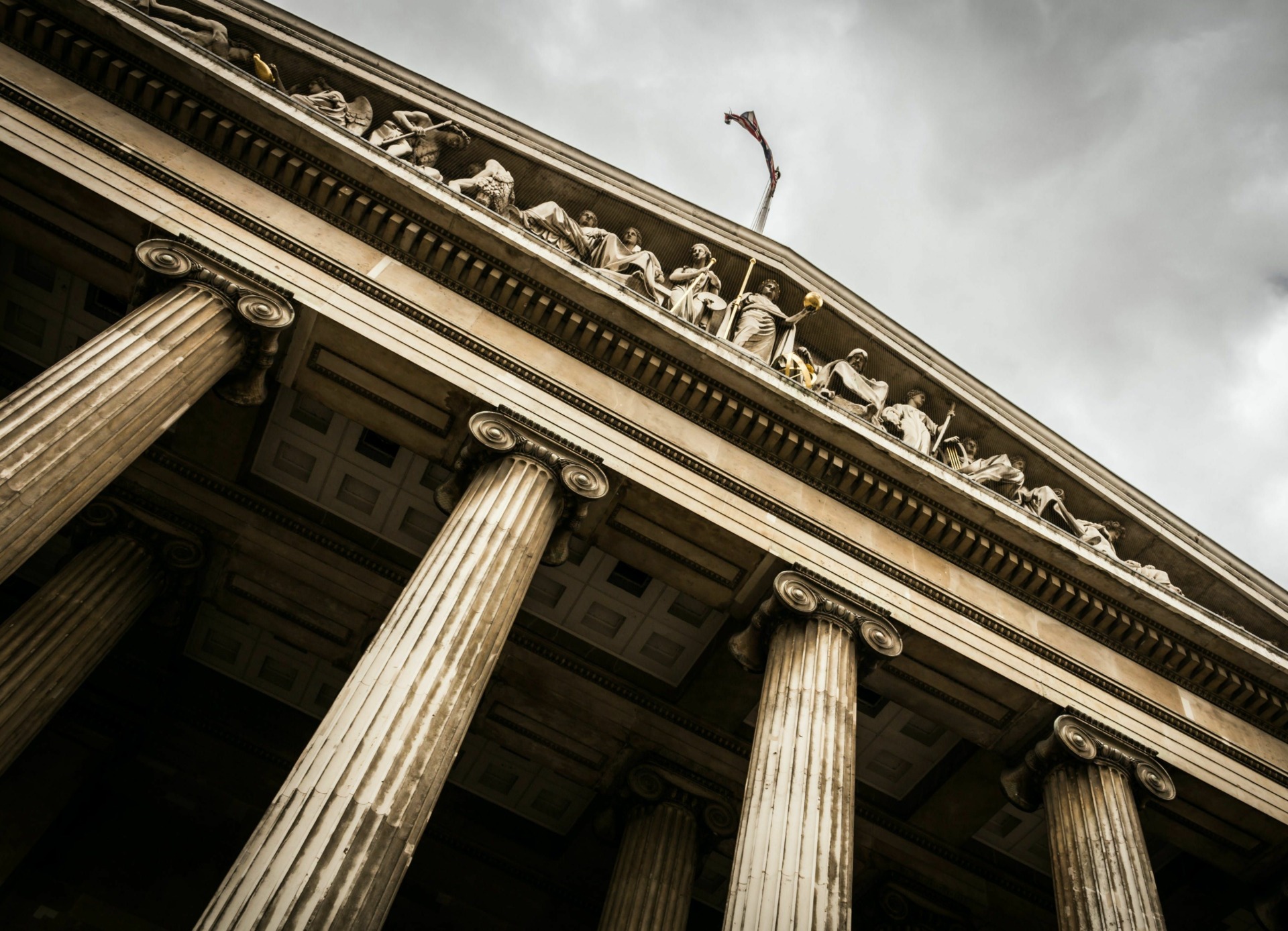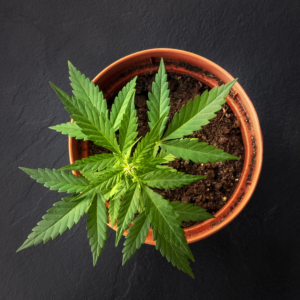If suffering lies at the core of all great tragedy, then those convicted of marijuana offenses have realized more than their share, facing such humiliations as having trouble getting jobs, housing and loans. But what’s happening in states where cannabis is now legal? Are people with cannabis convictions still penalized by marijuana laws that no longer exist?
FOLLOW US ON FACEBOOK & INSTAGRAM
Vermonters Can Clear Their Cannabis Records—But They Have to Initiate the Process
In Vermont, for example, 31-year-old lighting designer Joshua Rowe claims that two past misdemeanor convictions have prevented him from taking jobs in Canada, because of his well-founded fear that he may be denied entry.
He says: “There are jobs I don’t even want to attempt to take, because it will look bad on my record if I get denied going into Canada for a job. These old [cannabis] charges are holding me back.”
On July 1, Vermont became the ninth state to legalize recreational marijuana. Vermont now allows adults to possess an ounce of marijuana, two mature plants and four immature plants. More and more people such as Joshua who are living in cannabis-friendly states are seeking forgiveness for past marijuana misdemeanor convictions, so they can stop living their lives under a cloud.
Some Folks Aren’t Aware of or Can’t Afford Cannabis Forgiveness
These nine states are moving towards—or already have mechanisms in place—allowing people to apply to have their records expunged. Last year, Colorado approved a bill that enables people convicted of misdemeanor marijuana possession before Dec. 10, 2012, to petition to have their convictions sealed. This means that convictions wouldn’t be accessible to the public or they’d be destroyed.
In Maryland, people can also petition for expungement. Meanwhile in Oregon, judges are now directed to take the current law into account—stating that possessing and selling marijuana is legal—when they’re deciding whether to change a person’s criminal record.
The trouble is that minorities and low-income people are disproportionately arrested for drug offenses. In California, for example, police arrested African Americans for marijuana offenses at more than twice the rate of Latinos in 2015, and more than triple the rate of Caucasians.
Often these police targets haven’t heard about the possibility of getting clemency, or if they have, they often can’t afford the money, time and legal headaches required to make those petitions.
RELATED: KEY NY PLAYERS PUSH FOR CANNABIS DECRIMINIALIZATION & LEGALIZATION
California Leads the Way in Forgiving Marijuana Convictions
Not surprisingly, California leads the way in forgiveness of past cannabis offenses. Assembly Bill 1793 is currently waiting for Governor Jerry Brown’s signature to be passed into law. Assembly member Rob Bonta, D-Oakland, introduced the bill as a response to 2016’s Proposition 64, legalizing recreational marijuana use for those 21 and older.
While the proposition allows for “resentencing and destruction of records for prior marijuana convictions,” it doesn’t specify a process of how to do this. So, enter Bill 1793, placing the responsibility of reviewing and expunging convictions on the state—not those convicted.
With a deadline of July 1, 2019, the state department of justice must search its database for eligible cases from 1975 to 2016, sending them to district attorneys for review. District attorneys then have exactly one year to challenge any case that they don’t agree is eligible for resentencing. Cases unchallenged or surviving the review process would automatically have their sentences expunged or reduced.
“Long after paying their debt to society, people shouldn’t continue to face the collateral consequences, like being denied a job or housing, because they have an outdated [marijuana] conviction on their record,” Bonta said in a press release.
San Francisco Starts Its Cannabis Pardons Early
San Francisco wasn’t content to wait for the passage of Bill 1793. Last winter, District Attorney George Gascon announced that the city would immediately dismiss all cannabis misdemeanor convictions dating back to 1975.
The city also said it would review marijuana felony convictions for the period, and in appropriate cases resentence them to misdemeanor offenses.
“We want to address the wrongs that were caused by the failures of the war on drugs for many years in this country and begin to fix some of the harm that was done not only to the entire nation but specifically to communities of color,” said Gascon at a news conference.
He estimated that more than 3,000 misdemeanors will automatically be dismissed, and almost 5,000 felonies will be reviewed.
Delaware Decriminalized Marijuana Possession, But There’s no Cannabis Crimes Amnesty
In Delaware, wider amnesty didn’t pass in the state’s general assembly earlier this year. However, in July, the state—which decriminalized possession of less than an ounce of marijuana three years ago—passed a bill that will automatically expunge the records of nearly 1,300 people with a single conviction of marijuana possession or use.
“As a supporter of criminal justice reform, this is common sense legislation to provide equity for those previously convicted of offenses that are no longer illegal,” says Delaware Senate Minority Whip Greg Lavelle, the bill’s main sponsor. “The narrow scope of this legislation provides relief specifically to those with no other criminal convictions. This will expedite these expungements without overburdening the system,” he continued.
With the cloud of past marijuana convictions removed, more people will be able to enjoy lives free of black marks and unfair restraints.
Photo credit: Sebastian Pichler
If you’re new to cannabis and want to learn more, take a look at our Cannabis 101 index of articles. HelloMD can help you get your medical marijuana recommendation; it’s easy, private and 100% online.






